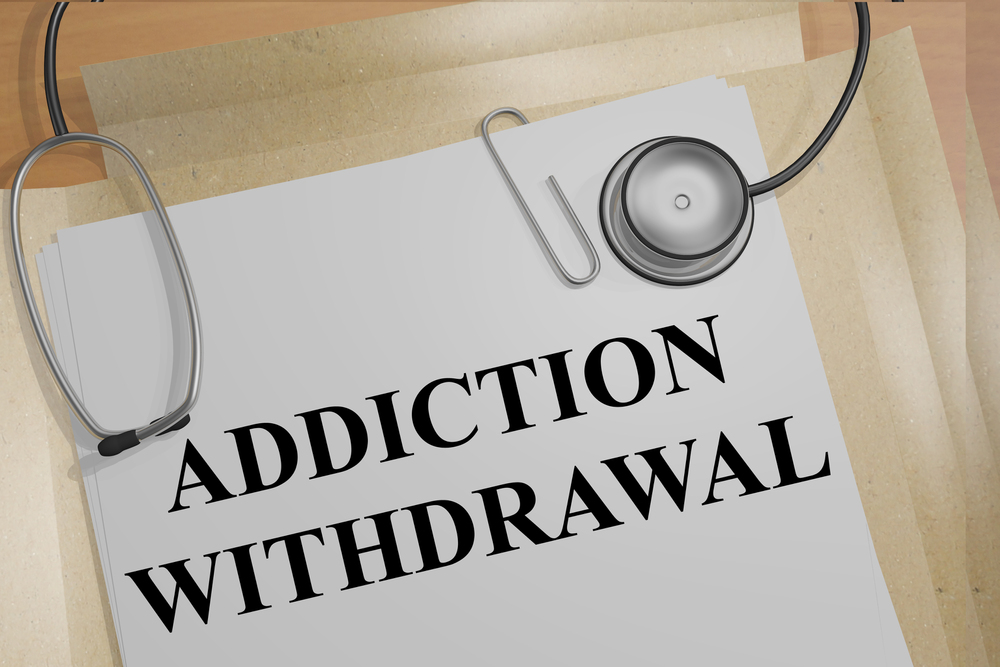Withdrawal symptoms are a challenging but integral part of the recovery process from substance abuse. Understanding these symptoms and learning how to manage them effectively is crucial for individuals aiming to achieve and maintain sobriety. At Renew Health, we recognize the importance of providing comprehensive support during this critical phase of recovery.
Table of Contents
ToggleWhat Are Withdrawal Symptoms?
Withdrawal symptoms occur when an individual who has been dependent on a substance suddenly reduces or stops its intake. These symptoms can range from mild to severe and are a physical and psychological response to the absence of the substance in the body. The nature and intensity of these symptoms depend on various factors, including the type of substance, the duration and frequency of use, and the individual’s overall health.
Common Withdrawal Symptoms
These symptoms vary widely depending on the substance involved, but some common symptoms include:
- Alcohol: Tremors, anxiety, nausea, vomiting, sweating, irritability, insomnia, and, in severe cases, delirium tremens (DTs), which can include hallucinations and seizures.
- Opioids: Muscle aches, agitation, anxiety, sweating, abdominal cramping, diarrhea, nausea, vomiting, and dilated pupils.
- Stimulants (e.g., cocaine, methamphetamine): Fatigue, depression, increased appetite, sleep disturbances, and intense drug cravings.
- Benzodiazepines: Anxiety, insomnia, irritability, muscle pain, sweating, and, in severe cases, seizures.
- Nicotine: Irritability, anxiety, difficulty concentrating, increased appetite, and intense cravings.
The Physiology of Withdrawal
Withdrawal symptoms arise because the body and brain have adapted to the presence of the substance. When the substance is no longer available, the body goes into a state of imbalance, known as withdrawal. For example, alcohol and benzodiazepines depress the central nervous system, so their sudden absence leads to hyperactivity in the brain and nervous system, causing symptoms like anxiety and seizures.
Similarly, opioids bind to receptors in the brain and reduce pain and create feelings of euphoria. When opioid use stops, the body reacts with symptoms such as pain, gastrointestinal distress, and agitation as it struggles to regain balance.
Managing Withdrawal Symptoms
Managing these symptoms effectively requires a comprehensive approach that includes medical, psychological, and supportive care. Here are some strategies used to manage symptoms:
- Medical Detoxification (Detox): Detox is the process of allowing the body to eliminate the substance while managing the acute symptoms. Medical detox is often the first step in addiction treatment and is performed under the supervision of healthcare professionals. Medications may be administered to ease symptoms and prevent complications. For example, benzodiazepines are used to manage alcohol withdrawal, while methadone or buprenorphine can help with opioid withdrawal.
- Medication-Assisted Treatment (MAT): MAT involves using medications in combination with counseling and behavioral therapies to treat substance use disorders. Medications such as methadone, buprenorphine, and naltrexone can help manage opioid withdrawal and reduce cravings. Similarly, nicotine replacement therapies (NRTs) such as patches, gum, and lozenges help manage nicotine withdrawal.
- Hydration and Nutrition: Proper hydration and nutrition are essential during withdrawal. Dehydration and nutrient deficiencies can exacerbate symptoms. Encouraging fluid intake and a balanced diet can help the body heal and reduce some withdrawal symptoms.
- Psychological Support: Counseling and therapy play a crucial role in managing symptoms. Cognitive-behavioral therapy (CBT) can help individuals cope with cravings and develop strategies to avoid relapse. Support groups and peer support provide a sense of community and encouragement.
- Holistic Therapies: Complementary therapies such as yoga, meditation, acupuncture, and massage can help alleviate some symptoms and promote overall well-being. These therapies can reduce stress, improve mood, and support the body’s natural healing processes.
- Creating a Supportive Environment: A supportive environment is essential for managing symptoms. This includes having a safe and comfortable space, access to medical care, and emotional support from friends, family, or support groups.
The Role of Renew Health in Managing Withdrawal
At Renew Health, we offer comprehensive services to support individuals through the withdrawal process and beyond. Our approach includes:
- Medical Supervision: Our experienced healthcare professionals provide medical supervision during detox to ensure safety and comfort. We use evidence-based protocols to manage withdrawal symptoms effectively.
- Personalized Treatment Plans: We understand that each individual’s journey is unique. We develop personalized treatment plans that address the specific needs and circumstances of each person.
- Integrated Care: We offer integrated care that combines medical treatment, counseling, and holistic therapies. This comprehensive approach helps address the physical, psychological, and emotional aspects of withdrawal and recovery.
- Ongoing Support: Recovery is a long-term process. We provide ongoing support through counseling, support groups, and follow-up care to help individuals maintain sobriety and build a healthy, fulfilling life.
Conclusion
These symptoms are a challenging but essential part of the recovery journey. Understanding these symptoms and employing effective management strategies can make a significant difference in achieving and maintaining sobriety. At Renew Health, we are committed to providing compassionate, comprehensive care to support individuals through every stage of recovery. If you or a loved one is struggling with substance abuse, contact us today to learn more about our services and how we can help you navigate the path to recovery. Together, we can build a healthier, brighter future.




